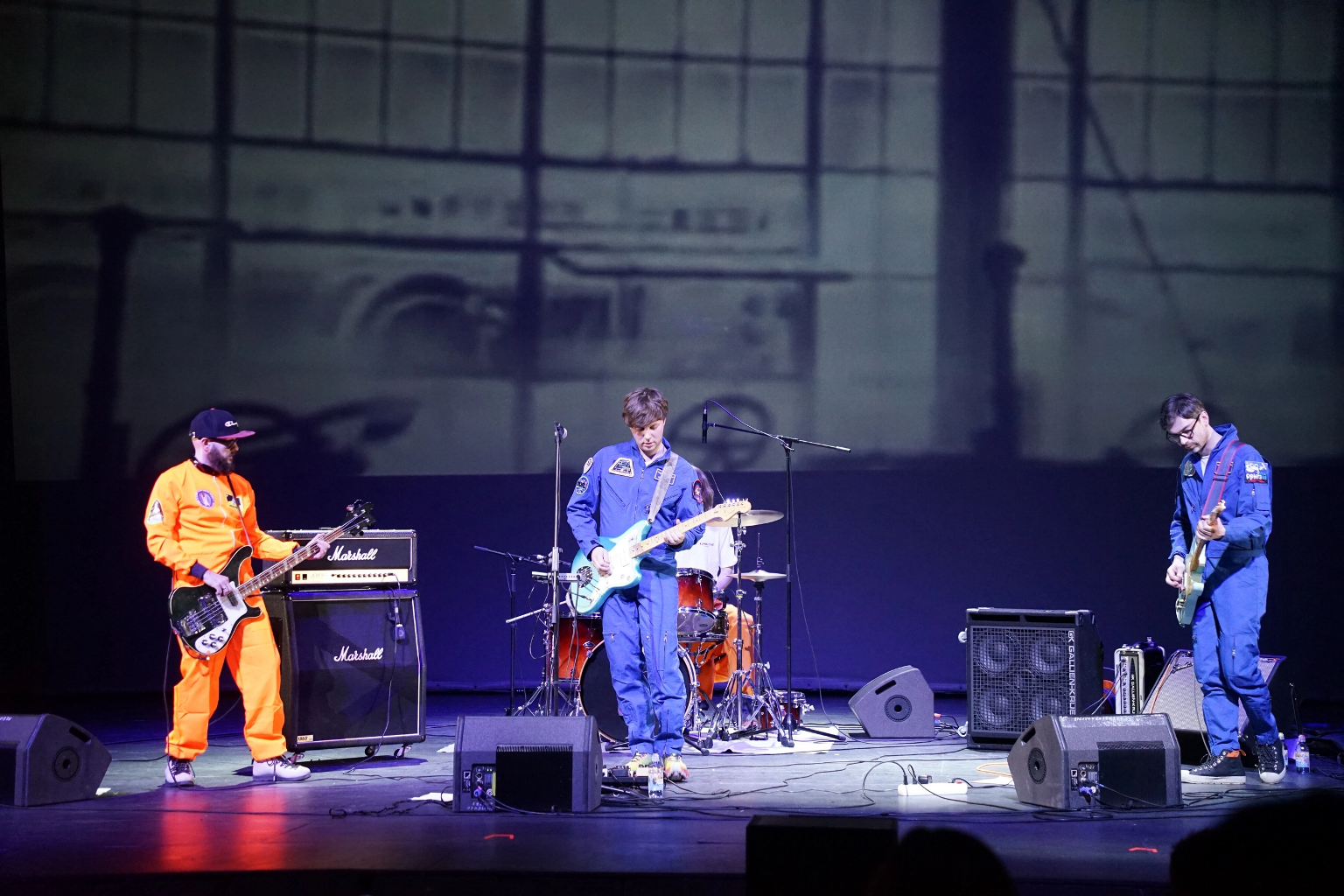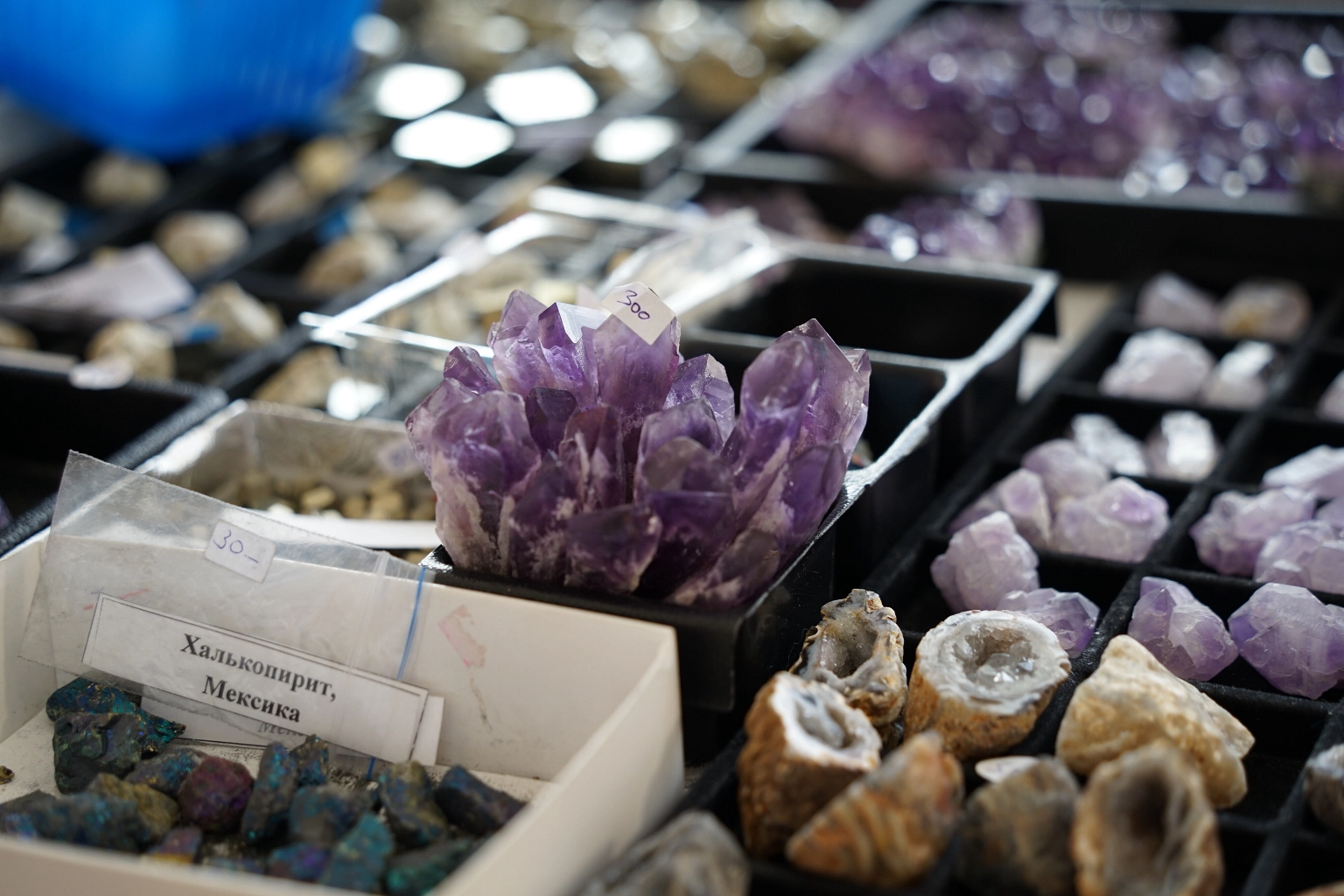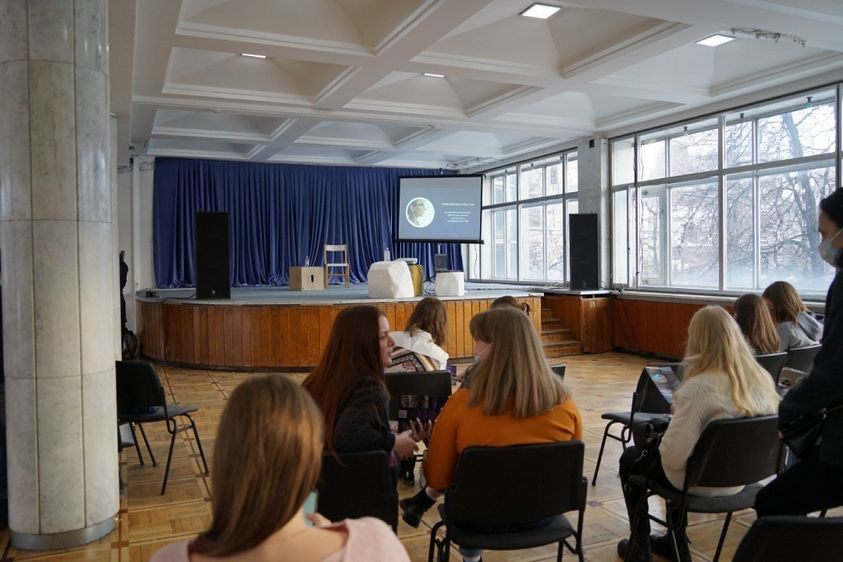From Neurobiology to a Collider: HSE Researchers Present their Discoveries at ZIL.Nauka Festival
Which brain lobes should we stimulate to improve our short-term memory? What is ‘warm radiation’ and why it is so important that people help each other? Which manufacturing systems will artificial intelligence master the fastest? Scholars from HSE University offered their scientific opinions on all these and more at the ZIL.Nauka festival.
The ZIL Cultural Centre hosted a series of popular science lectures on various topics ranging from space tourism to artificial intelligence. Speakers from HSE University talked about their studies in neurobiology and physics.

In his lecture ‘Working Memory: What It Is and How It Can Be Improved’, Nikita Otstavnov, Senior Research Fellow at HSE University and MIPT, doctoral student at the Faculty of Social Sciences, talked about Russian studies into short-term memory and discussed the most popular myths surrounding how the brain operates.
The researcher said that human memory consists of short-term memory (which stores current relevant events), and long-term memory (which is necessary for information coding over a longer period of time). He explained the interaction between these two types of memory using the example of grocery shopping: the image of groceries and the way to the supermarket are stored in long-term memory, while information on current prices is stored in short-term memory. In order to successfully get to the supermarket, we process and compare information from different types of memory using our so-called ‘working memory’.
Nikita Otstavnov and his colleagues from HSE University carried out an experiment to find effective stimuli to improve working memory. They stimulated different areas of the cortex in several cohorts of participants: the parietal region in the first cohort, the frontal region in the second, and both regions in the third cohort. The fourth cohort did not receive stimulation. Following this, all participants were asked to solve mathematical problems and take a working memory test. The preliminary results demonstrated a considerable effect after stimulation of both regions, while the stimulation of only one of the two regions achieved a significantly lower result. The speaker emphasised that such electrostimulation or the use of special devices demonstrate positive effects only in cases of memory disorders.
Oksana Zinchenko, Research Fellow at the HSE Institute for Cognitive Neuroscience, also talked at the Neurobiology section. She tried to answer a question that many people are interested in: why do we help others even if it does not benefit us? The researcher shared several theories to explain the nature of altruism and cooperation. One of them posits that humans experience equal discomfort in perceiving an imbalance of resources: both when someone else has more resources than them, and when they have more resources than someone else. This experience is particularly relevant in communities with predominantly democratic values, where justice is important to members of the community.
In addition, humans are impacted by a mechanism for avoiding the feeling of guilt. People always start communication with certain expectations. In situations when both sides are interested in further cooperation, each of them feels guilty if these expectations are unmet.
Oksana Zinchenko also mentioned the phenomenon of ‘warm radiation’: doing good things causes us to experience positive emotions, activating the basal ganglia—regions in our brain responsible for motivation and pleasure.
‘The basic prerequisites for cooperation between two humans also work at the level of larger communities thanks to various social norms—generalised conceptions of the patterns of behaviour we are supposed to follow. When an individual follows the examples determined by their reference group, they feel solidarity with others and, accordingly, personal safety,’ the researcher emphasised.

Mikhail Lazarev, Research Fellow at the HSE Laboratory of Methods for Big Data Analysis, and Denis Derkach, Senior Research Fellow at the same laboratory, Assistant Professor at the HSE Big Data and Information Retrieval School, talked at the Physics section of the event.
Mikhail Lazarev dedicated his lecture to prospective nanotechnology developments in all fields of economics. He described experimental and theoretical tools, paying particular attention to the boom in artificial technologies and highlighting neural networks and evolutionary computation networks as leading fields. In the near future, nanotechnologies and artificial intelligence will be used in medical systems, automated cyber-plants, and other forms of flexible economic production.
‘Artificial Physicist and the Study of the Universe’ was the intriguing name of Denis Derkach’s talk on the possibilities of artificial intelligence, a key trend in the popular science agenda. The scholar started his speech by talking about the announcement of the relaunch of the Large Hadron Collider, which is scheduled to take place in 2022. It is expected that this event will open up new opportunities in machine learning, increase the speed of data processing, and lead to new emerging technologies.

The day’s agenda also featured talks on astronomy, medicine, biology, neurobiology, physics, chemistry, and IT. The festival also featured an exhibition on new developments, a market, and a kids’ programme. The ‘HSE University Lectures’ project was a partner of the festival.
‘First of all, events like this help researchers make a statement and communicate the social benefit they are generating. In addition, this is an opportunity to hear feedback from the audience and look at one’s research from a different perspective,’ said Nikita Otstavnov.
Text by Vlada Bayankina, research assistant at the HSE Laboratory for Economic Journalism

